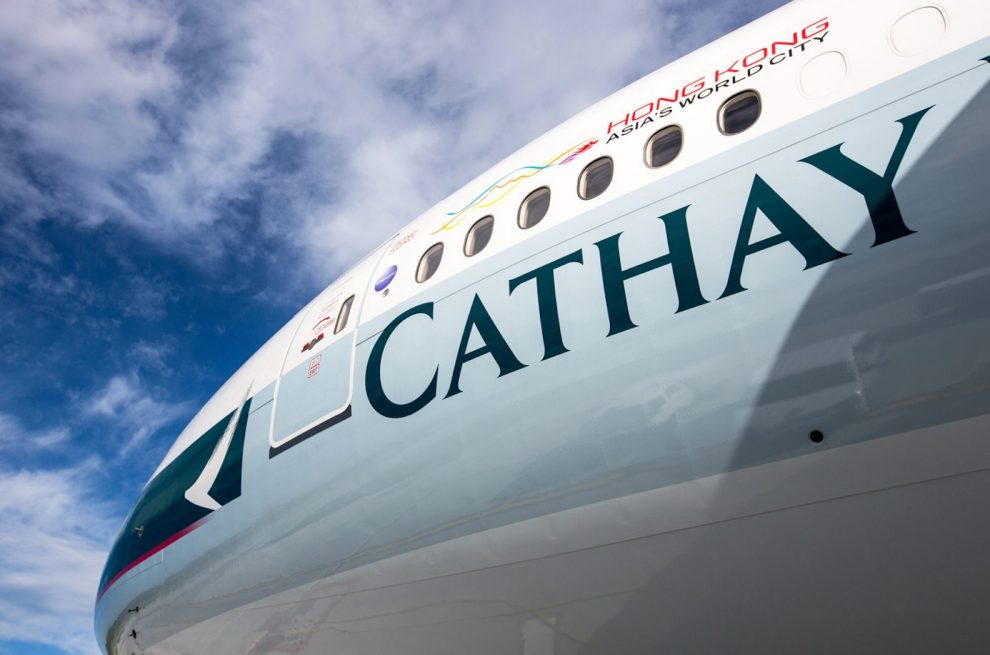A bailout of Hong Kong’s flagship carrier Cathay Pacific will inject much-needed liquidity into the airline but recovery in the global aviation sector holds the key to bringing back investors.
In a reflection of investor relief after the HK$39-billion (US$5-billion) recapitalisation plan was unveiled, shares in the airline initially jumped as much as 18.7% in early deals before quickly surrendering gains to end the day down 1% at HK$8.72. as investors worried about Cathay’s long-term prospects.
The bulk of the capital will come from new shares issued to Aviation 2020, a company owned by the government, as well as a HK$7.8-billion bridging loan also from the government.
Under the proposal, Cathay will raise about HK$11.7 billion in a rights issue, while preference shares will be sold to the government for HK$19.5 billion and warrants for HK$1.95 billion, subject to adjustment.
“It removes the key liquidity overhang, but this is at the expense of 44% earnings dilution,” Jefferies analyst Andrew Lee said in a note. He put a ‘hold’ rating on the stock with a target price of HK$8.30 per share.
“With the global lockdown easing and management noting (the) HK$2.5-3.0 billion a month cash-burn slowing, we believe this provides sufficient liquidity. We maintain ‘Hold’ until we see signs of traffic recovery.”
Lee said this would remove the key balance sheet risk given that the company would potentially report a loss of around HK$9.5-10.5 billion in the first half given the management’s estimated monthly losses since February.
Like many carriers hammered by the global pandemic, Cathay has seen passenger numbers evaporate in recent months, leaving most of its fleet sitting on the tarmac and the firm haemorrhaging cash.
It has already slashed passenger capacity by 96% in April and May and passenger traffic decreased 99.6% in April from a year ago. In the first four months of 2020, the number of passengers carried by the airline dropped by 64.4% against a 49.9% decrease in capacity and a 59% decrease in revenue passenger kilometres, as compared to the same period in 2019, Cathay said.
Worldwide travel restrictions have taken a huge toll on the aviation sector. The global number of active aircraft in May 2020 is just 13,955, versus more than 31,000 at the start of the year, according to the Centre for Aviation (CAPA).
“This takes the fleet back to its 1996 size – almost two and a half decades ago,” CAPA said.
Swire Pacific Ltd, Air China Ltd and Qatar Airways Group QCSC – the three largest shareholders of Cathay Pacific – have given irrevocable undertakings to vote in favour of the recapitalisation plan and to subscribe for their pro-rata share of the rights issue, according to a statement from law firm Clifford Chance, which was an adviser to Cathay Pacific’s recapitalisation plan.
Trading in Cathay’s shares was suspended on Tuesday pending an announcement about the plan, which will also see Hong Kong’s government take a 6% share in the company and get two board members with observer status.
with reporting by AFP
























